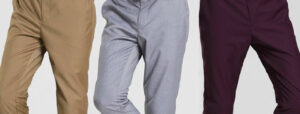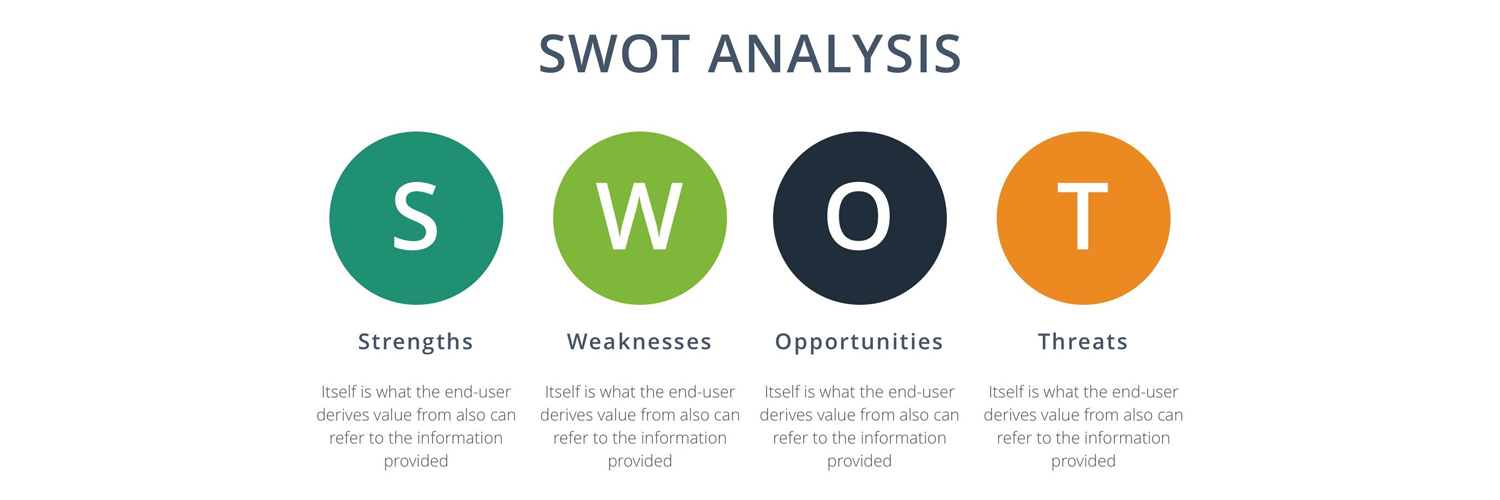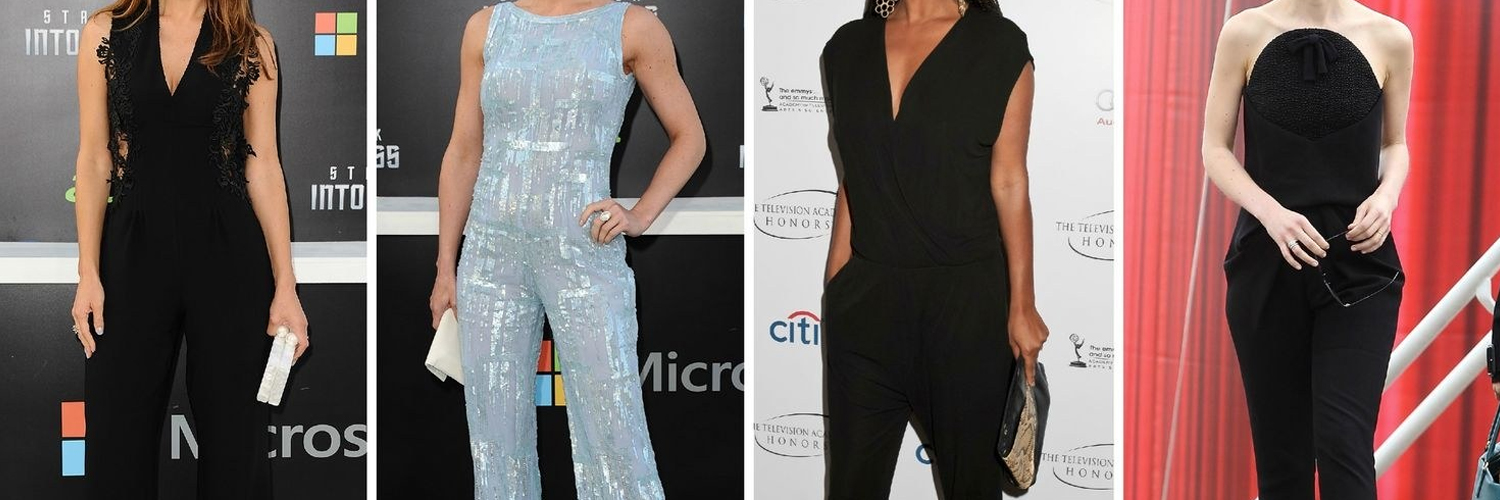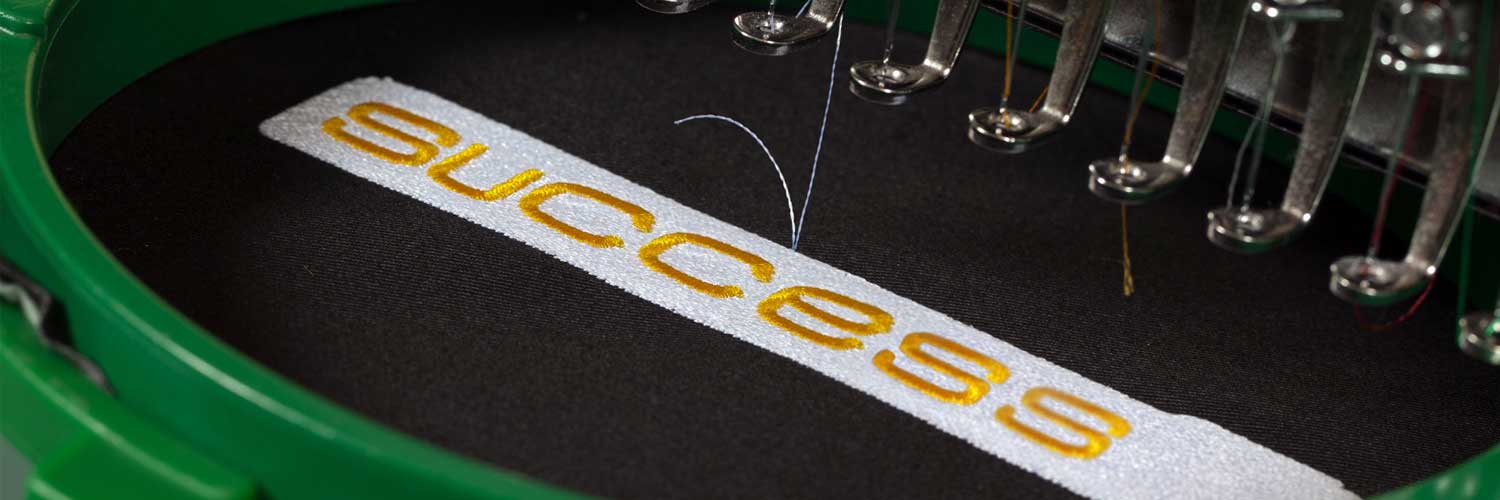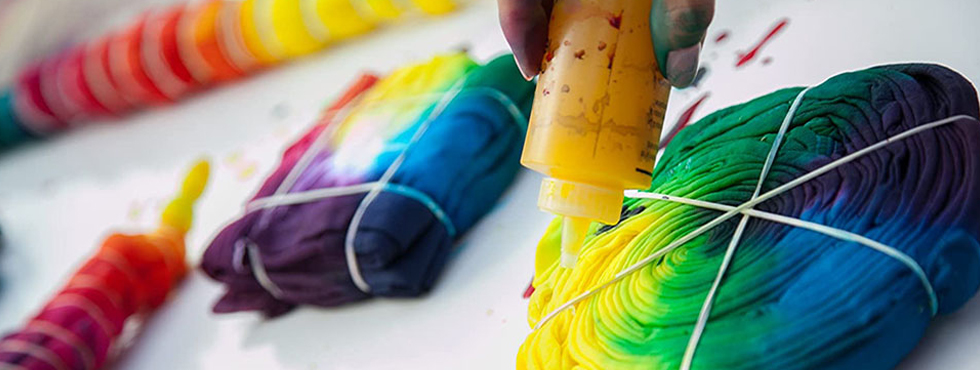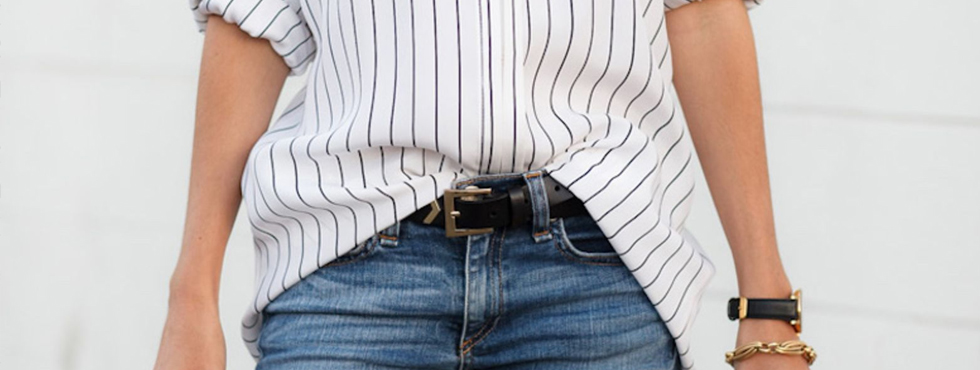Looking for a successful start in the clothing industry? This blog is the right start for you. You will get to know about everything from who are clothing manufacturers their roles, responsibilities & everything.
We will discuss everything about clothing manufacturers in detail so that at the end of the article, you will be all updated with knowledge and information about clothing manufacturers. We will also mention the different types of clothing manufacturer and their roles.
Different Garment manufacturers cater to other customers with their different manufacturing needs. Choosing the proper manufacturer that suits your business is an important milestone. The garment factory or apparel manufacturer is one of the most critical decisions that plays a vital success role in your fashion brand journey.
The blog is crafted based on the advice of fashion experts, experienced designers, and production experts with in-depth knowledge about the subject, so anything you read directly comes from professionals. Let’s dive in.
What is a Clothing Manufacturer?
As the name says, the clothing manufacturer is someone who is proficient and well-equipped with all the tools and machinery for manufacturing clothes. These manufacturers follow all the essential processes and operations to manufacture clothes. The method includes cutting, sewing, and finishing the clothes.
Clothing manufacturers often deal in bulk production, and when working in bulk manufacturing, the process gets longer and breaks down into a couple of sub-operations. These sub-operations or tasks are divided into different teams depending on the type of work, workers’ skills, and machine work.
These manufacturers are responsible for converting the raw material into finished goods. Here is a quick glimpse of the primary process that is involved in the garment manufacturing process:
- Production planning
- Quality check
- Designing
- Quantity check
- Costing
- Sizing
- Evaluation of sizes
- Standardization
And a lot more to focus on.
One More Important Element: Production Planning
Production planning is one of the essential elements in the process of clothing manufacturing. Through production planning, the manufacturer can measure how the clothes are manufactured, how each phase of cloth manufacturing is performed, or how each production team works.
Also read: How to find a clothing manufacturer
Types of Clothing Manufacturers & What are their Responsibilities?
There are 04 types of clothing manufacturers operating in the industry.
(Cut, Make, Trim) CMT Manufacturer
CMT stands for Cut, Make, and Trim. The CMT method is common and ideal in the fashion industry.
You have to convey your idea to your manufacturer about how you want your outfit to look, then determine the concept, size, patterns, classification, fitting, designs, color, and printing with the manufacturer.
The manufacturer of this method mainly works over three stages: cutting, making, and trimming. They will provide various services like automatic fabric cutting, quality checks, quality control, and more.
-
Cut
Cutting is the first step of this method. Here, different parts of the clothing, whether shirt or pants are cut into several pieces to bring them together.
-
Make
After the cloth is cut and adjusted into different pieces, the cut pieces go through various departments, assembling them with the other pieces in this step.
Here, the clothes are tested in the preproduction phase to verify that each article is correctly assembled or manufactured.
-
Trim
This is the last step of the process, where all the clothes are trimmed together after the preprocessing phase. After cutting, a finished quality check is done. Moreover, further final touches are applied here.
Information that you provide to the CMT manufacturer
Here is all the information you need to deliver to the CMT manufacturer.
- Fabric selection
- Fabric evaluation
- Techniques for stitching
- Method of printing (if any design needs to be printed on clothes)
- Methods of packing
Benefits of working with CMT manufacturer
Here are a couple of benefits you get when working with a CMT manufacturer:
- Easy on-demand customization
- Production, Cost & design control
- Quick turnaround times
- Brand ownership
- Sustainability
- Quality assurance
- Partnership opportunities with manufacturer
- Reduced cost on large orders
Original Equipment Manufacturer (OEM)
The term OEM refers to Original Equipment Manufacturers. The OEM method is manufactured initially according to the customer’s requirements. In this process, all the features and specifications are pre-defined colors, functions, sizes, and design functions and are customer-based. At the same time, some of them are original but adjustable to any brand ownership.
Another company manufactures the products; all these components are known as OEM products. Some products are based on the customer’s choice, while others rely upon the manufacturing facility.
When you are working with the OEM manufacturers, that company hires another company to help them design, pack, assemble, and manufacture clothes. The production capabilities of the OEM manufacturer are broad.
They can work with different organizations and parties, which helps the organization optimize the time, performance, design, and process. This method is beneficial for both customers and OEM companies.
Benefits of OEM Manufacturers
- It saves a lot of money on bulk buying.
- You can find high-performance quality products at lower prices.
- Other manufacturers carefully check all of the products.
- Quality control.
Private Label Clothing Manufacturing
The private label clothing manufacturer is a ready-to-wear product designed based on that brand’s label and logo. After purchasing, this is distributed among different brands. The brands that sell ready-to-made products work with private-label clothing manufacturers. After buying the bulk of products, retailers or brands sell them to other customers under their brand’s name or logo.
The best thing about private-label clothing is that the products are generic and are easy to match with different styles. A brand can easily modify them according to the needs of their customers or how they like them.
For Example, consider a factory that manufactures a T-shirt with unique designs and makes it available in their catalog. Other companies working with those manufacturers can access that particular t-shirt and order the bulk to sell it to their customers further. If one company buys the dress, it increases the chances of other brands or companies buying the same T-shirt. These companies market the same T-shirt over other companies so that they can also sell the T-shirt under their brand name.
Benefits of Working with Private Label Clothing Manufacturers
- No Hassle of creating a product on your own.
- Your manufacturer takes all responsibility.
- Just buy it and sell it.
- You can get your product quickly without spending much money on it.
- You can start with low minimums.
- Quick production.
- Quickly delivery.
- No research and development cost.
Full production package manufacturer
FPP, also known as the entire production package manufacturer, is an entity that sources the clothing fabric from a clothing supplier or directly for the clothing brand. After sourcing materials, the FPP clothing manufacturer works over different manufacturer phases.
All those brands who want to handle the whole manufacturing project alone can work with FPP, as you can precisely tell them to create your clothing line right as your demands. No matter what kind of design you want for a clothing line, you need to tell the FPP to manufacture about it, and they will be responsible for creating the layout you want.
The FPP manufacturer offers services like sample making, bulk clothing line manufacturing, pattern making, tech pack development, quality control process, fabric sourcing, and more. Zega Apparel is a professional FPP manufacturer dedicated to working closely with clients per their clothing requirements and helping brands bring conceptual ideas to life.
Our large-scale manufacturing facility is fully equipped with advanced machines and all the production capabilities that your brands need. Different kinds of manufacturers in the industry offer different types of services in different niches, so you better choose the manufacturer wisely.
Benefits of Working with FPP Manufacturers
- Manufacturing is the responsibility of the manufacturer
- Cost-effective process
- Quick turnaround times
- Freedom to design your clothes your way
- Low research and development.
Departments in a Garment Manufacturing Factory
The garment manufacturing factory includes different departments through which the garment manufacturing process is divided. Here are all of them mentioned.
- Business development and marketing team
- Designing department
- Merchandising department
- CAD, pattern-making department
- Sampling department
- Fabric sourcing team fabric store
- Trims and accessory-making teams
- Test lab for fabric
- Production planning and control
- Cutting department
- Sewing department
- Quality control / Quality assurance department
- Machine maintenance department
- Clothes, garments washing department
- Finishing department
- Printing department
- Embroidery department
CMT vs FPP: Which One of Best for You?
Well, the best one is dependent on your needs. For every brand, the requirements differ. Working with the OEM manufacturer is one of the best options when you require a completely customized product.
These manufacturers can work right according to your needs on designs, sizing, and quantities according to your needs. The OEM manufacturers are a good option for you as it is difficult for them to manufacture clothes independently, so they hire another manufacturer and work for them.
While working with a CMT manufacturer, the manufacturer only provides the services of cutting, making, and trimming your product clothing line. You must deliver the manufacturer a tech pack, fabrics, requirements, pattern, material, and everything to produce your clothing line.
On the other side, with an FPP manufacturer, you can enjoy premium perks as the manufacturer does everything. Your custom clothing manufacturer will handle everything for you. They will work on product development, pattern making, fabric sourcing, cutting, sewing, trimming, and customization and can also source fabric for you.
ODM manufacturers are other manufacturers selling their designed clothing products to different brands and retailers. Their designs and style can be based on researching and developing their supplier or counterfeit product.
ODM manufacturing can be ideal for establishing your brand through marketing or when starting up in a market. Here, you will need to design your clothing line or hire an outside designer to do it for you.
Conclusion
So here is an article about clothing manufacturers: which types exist and which is ideal. We hope this information has been beneficial to you; for more assistance with your clothing line, let us show you how we can create an impactful presence for it.
FAQs
Q) What is a custom clothing manufacturer?
A) Custom clothing refers to a business that provides custom-made clothing production services to fashion brands by manufacturing their clothing line. The role and responsibility of the clothing manufacturer are to create a custom clothing line based on the client’s specifications and preferences, such as printing the brand logo on T-shirts.
Q) How many types of clothing manufacturers are there?
A) There are a total of 04 types of manufacturing: OEM (Original Equipment Manufacturer), CMT (Cut, Make, Trim) Manufacturer, ODM (Original Design Manufacturer), Private label manufacturer / white label manufacturer who you can work with.
Q) How can custom clothing manufacturers help your business?
A) A custom clothing manufacturer can produce an on-demand clothing line for you. Suppose you don’t own a manufacturing facility or work on the private label, white label business model. In that case, you can take manufacturing services from clothing manufacturers and ask them to create custom clothing lines based on your bespoke requirements.
Q) What is ODM vs. OEM manufacturing?
A) In OEM, all the features and specifications are pre-defined colors, functions, sizes, and design functions and are customer-based. At the same time, some of them are original but adjustable to any brand ownership. ODM manufacturers are other manufacturers selling their designed clothing products to different brands and retailers.
Q) Who is the best type of clothing manufacturer?
A) FPP (Full Production Package) manufacturers are best in terms of providing you with complete services, including everything from production, fabric sourcing, customization, and more. If you want a blank private label line, then a personal label clothing line is a good fit for you.



